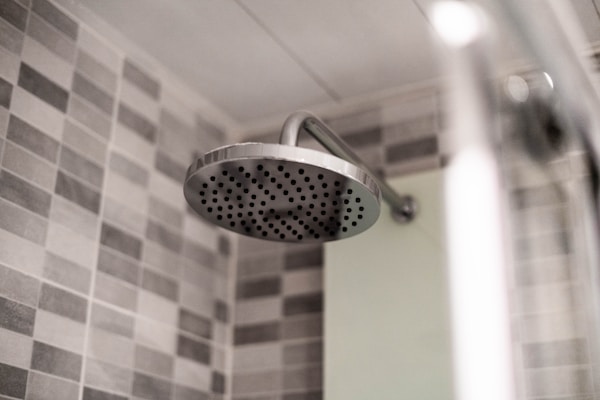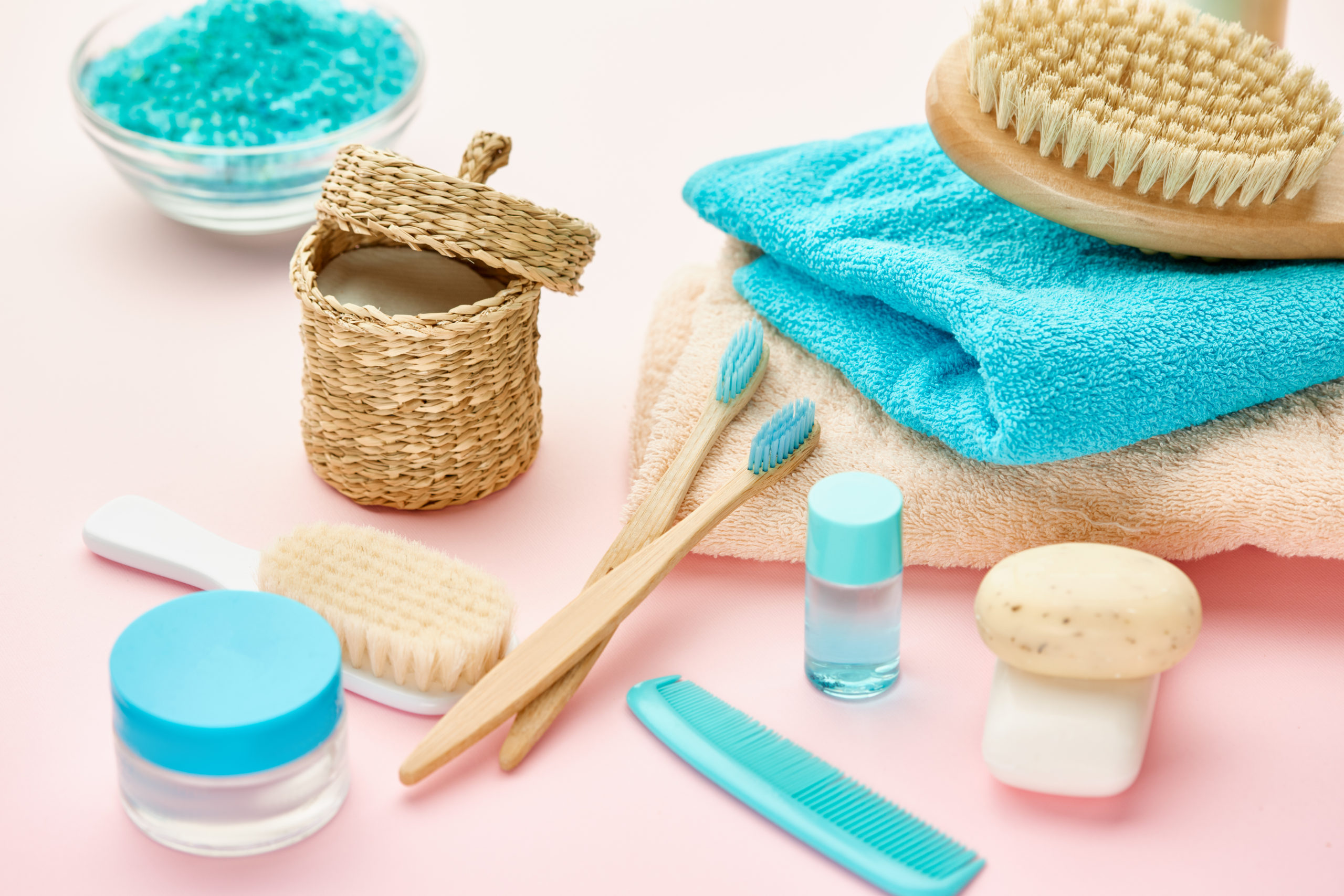What does it mean to be clean? For some, it may mean taking a shower every day or brushing their teeth several times a day. For others, it may mean washing their hands before they eat. Regardless of how people define cleanliness, the general consensus is that it is important for both physical and mental health.
Early Cleanliness

The definition of cleanliness has changed over time. For example, in Viking times, people mostly considered themselves clean if they weren’t covered in dirt or blood. Bathing was uncommon, and people only washed their hands and faces before meals. Personal hygiene was not a priority.
City-Style Cleaning
However, as the Industrial Revolution progressed and more people began living in cities, cleanliness became increasingly important, despite DNA Viking traits being passed down. With no running water or sewage systems, cities became cesspools of disease. It was no longer enough for people to only wash their hands and faces before meals. They also needed to take baths and wash their clothes and bedsheets on a regular basis.
The invention of the washing machine and the introduction of public sanitation systems in the 1800s helped to further improve hygiene standards. In the early 1900s, doctors began to realize the importance of personal hygiene for preventing the spread of disease. They urged people to bathe regularly, wash their hands often, and eat a balanced diet.
Contemporary Cleanliness

Today, most people take for granted the fact that they can access clean water and sanitation systems. If modern homeowners feel they aren’t getting clean enough in their current shower or bathtub, they can take advantage of shower replacement options that allow for high-quality showers to be a part of their daily routine.
We also have a much more comprehensive definition of cleanliness today, which includes not only physical cleanliness but also emotional and spiritual cleanliness. We understand that cleanliness is not just about getting rid of dirt and contaminants, but also about creating a sense of order and peace in our lives.
Physical Cleanliness
Physical cleanliness is pretty self-explanatory—it’s the act of cleaning our bodies and keeping them free of dirt, contaminants, and other impurities. But emotional and spiritual cleanliness are a bit more complex.
Emotional Cleanliness
Emotional cleanliness refers to our mental state—our thoughts, feelings, and emotions. It’s important to keep our minds clean and free of negative thoughts and feelings, as these can lead to stress, anxiety, and other negative emotions.
Spiritual Cleanliness
Spiritual cleanliness is even more complex, as it refers to our spiritual state. It’s important to keep our spiritual lives clean and free of negative energies and influences. This can be done by keeping our minds and hearts open to the divine, and by living our lives in accordance with our spiritual values.
Coming Clean
There are many different ways to achieve cleanliness, and what works for one person may not work for another. Some people are very neat and orderly, while others are more creative and spontaneous. However, there are some basic principles that are essential for achieving a sense of cleanliness and peace.
The first step is to create a clean physical environment. This means getting rid of clutter and organizing your space in a way that works for you. The next step is to cleanse your body and mind. This can be done through physical activity, such as exercise or yoga, or through meditation or prayer. The final step is to connect with your spiritual source, which can be done through meditation, prayer, or simply spending time in nature.
When all these elements are in balance, you will experience a sense of cleanliness and peace that goes beyond the physical. You will feel connected to yourself and to the world around you, and you will be able to live your life with a sense of purpose and clarity.
It is clear that hygiene is important for both physical and mental health. By keeping ourselves clean, we can reduce our risk of getting sick and improve our overall well-being.



